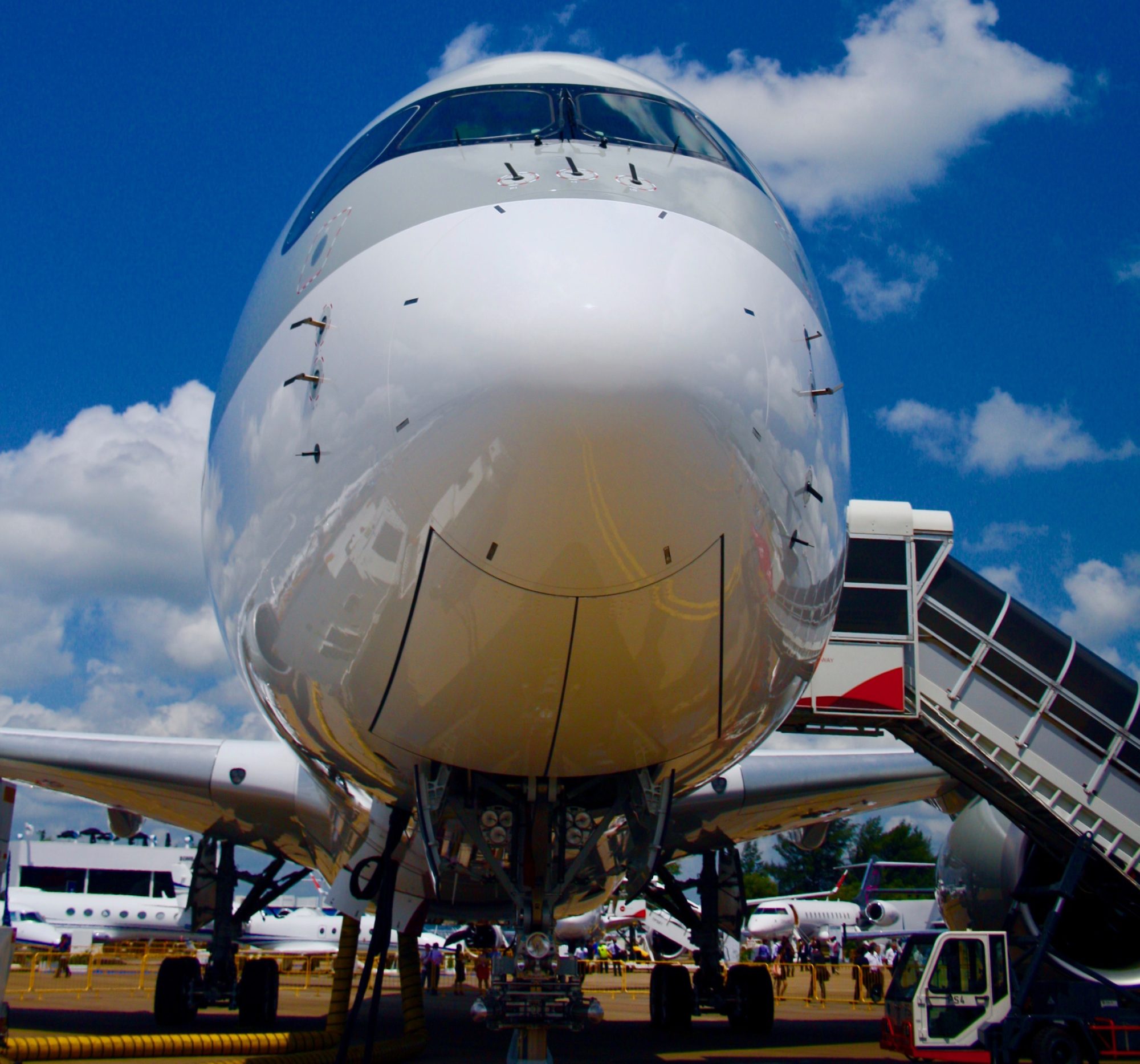what is higher than a emperor - eachoneteachoneffi.com During the rule of Henry VIII the Statute in Restraint of Appeals declared that 'this realm of England is an Empiregoverned by one Supreme Head and King having the dignity and royal estate of the imperial Crown of the same'. What rank is higher than emperor? - Wisdom-Advices In its final simplified form, the Serbian imperial title read "Emperor of Serbs and Greeks" ( in modern Serbian). What is higher than an emperor? - Quora When the Lands of the Crown of Saint Stephen (Hungary) were given self-government in 1867, the non-Hungarian portions were called the Empire of Austria. The new imperial title may have sounded less prestigious than the old one, but Francis' dynasty continued to rule from Austria and a Habsburg monarch was still an emperor (Kaiser), and not just merely a king (Knig), in name. In 1863, the invading French, under Napoleon III (see above), in alliance with Mexican conservatives and nobility, helped create the Second Mexican Empire, and invited Archduke Maximilian, of the House of Habsburg-Lorraine, younger brother of the Austrian Emperor Franz Josef I, to become emperor Maximilian I of Mexico. It also gives three examples of titles above the rank of emperor "Mahsamraat, (Sanskrit: ) is an Ancient Indian title sometimes translated into modern English as "Great Emperor" or "High Emperor". Sharpshooter. When Republican Rome turned into a de facto monarchy in the second half of the 1st century BC, at first there was no name for the title of the new type of monarch. Shahanshah is usually translated as king of kings or simply king for ancient rulers of the Achaemenid, Arsacid, and Sassanid dynasties, and often shortened to shah for rulers since the Safavid dynasty in the 16th century. #6: Hirohito. How did the American colonies actually win the war and gain their Independence from Britain? An emperor (from Latin: imperator, via Old French: empereor)[1] is a monarch, and usually the sovereign ruler of an empire or another type of imperial realm. a : a sovereign ruler. In as much as there is a strict definition of emperor, it is that an emperor has no relations implying the superiority of any other ruler and typically rules over more than one nation. The subdivisions and co-emperor system were formally abolished by Emperor Zeno in 480 AD following the death of Julius Nepos last Western Emperor and the ascension of Odoacer as the de facto King of Italy in 476 AD. The nomenclature Empire of Japan had existed since the anti-Tokugawa domains, Satsuma and Chsh, which founded their new government during the Meiji Restoration, with the intention of forming a modern state to resist Western domination. Succeeding rulers in Vietnam then continued to use this Emperor title until 1806 when this title was stopped being used for a century. The last shahanshah (Mohammad Reza Pahlavi) was ousted in 1979 following the Iranian Revolution. Is emperor Higher Than High King?
Smuggling Drugs On Cruise Ships Forum,
The Blizzard Of 1966 In Syracuse Ny,
Ridley's Digital Coupons,
Articles W

